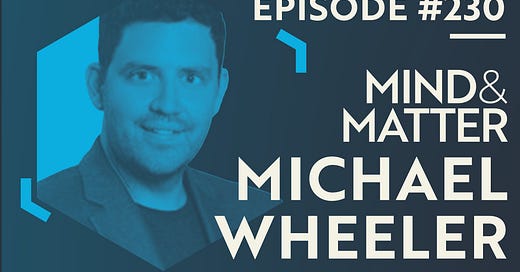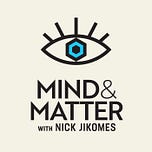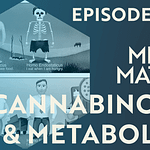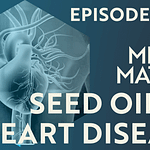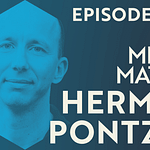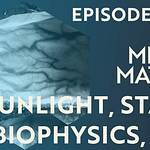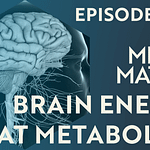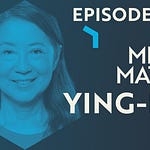Wide release date: May 20, 2025
Episode Summary: Dr. Michael Wheeler talks about neuroimmune interactions, exploring how the immune system and brain communicate, particularly through the blood-brain barrier and meninges; how chronic stress and inflammation can alter brain circuits, contributing to mood disorders like depression; how drugs like psilocybin and MDMA may reduce inflammation by modulating immune cells in the meninges, offering potential therapeutic benefits.
About the guest: Michael Wheeler, PhD is an Assistant Professor of Neurology at Harvard Medical School. His lab studies how immune responses influence behavior, mood disorders, and addiction.
Key Conversation Points:
The blood-brain barrier (BBB) is not as impermeable as once thought, allowing immune signals like cytokines to influence brain function even in healthy states.
Chronic stress can weaken the BBB, increasing inflammation and affecting mood-regulating circuits, potentially contributing to depression.
Microglia, the brain’s resident immune cells, help maintain neural circuits by pruning synapses and regulating metabolism.
Psychedelics like psilocybin and MDMA can reduce inflammation by prompting immune cells (monocytes) to leave the meninges, potentially via vascular effects.
These psychedelics may act in a context-specific “window,” requiring a dysregulated tissue state to exert anti-inflammatory effects, not as broad-spectrum anti-inflammatories.
Neuroinflammation may underlie some treatment-resistant depression cases, suggesting immunotherapy could complement traditional psychiatric treatments.
The brain encodes peripheral immune signals, like gut inflammation, in specific circuits, which can “remember” and recreate inflammatory responses.
Aging may naturally increase blood-brain barrier leakiness, heightening susceptibility to inflammation-driven behavioral changes.
Future research aims to explore how psychedelics influence plasticity and their potential in treating inflammation-related diseases beyond psychiatry.
Related episode:
M&M 2: Psilocybin, LSD, Ketamine, Inflammation & Novel Psychedelic Medicines | Charles Nichols
*Not medical advice.
Support M&M if you find value in this content.
Episode transcript below.
Episode Chapters:
00:00:00 Intro
00:01:35 Guest Introduction & Research Overview
00:03:06 Neuroimmune Interactions & Blood-Brain Barrier
00:07:09 Meninges Function & Immune Communication
00:12:54 Brain’s Resident Immune Cells & Microglia Roles
00:18:51 Neuroinflammation
00:25:48 Chronic Inflammation & Mood Disorders
00:32:35 Psychedelics: Definitions & Study Setup
00:42:22 Psychedelics, Monocytes & EGFR Signaling
00:49:41 Vascular Effects of Psychedelics & Mechanisms
00:56:11 Neuroinflammation in Depression & Future Research
01:03:00 Psychedelics’ Potential & Closing Thoughts
Full AI-generated transcript below. Beware of typos & mistranslations!
Listen to this episode with a 7-day free trial
Subscribe to Mind & Matter to listen to this post and get 7 days of free access to the full post archives.


